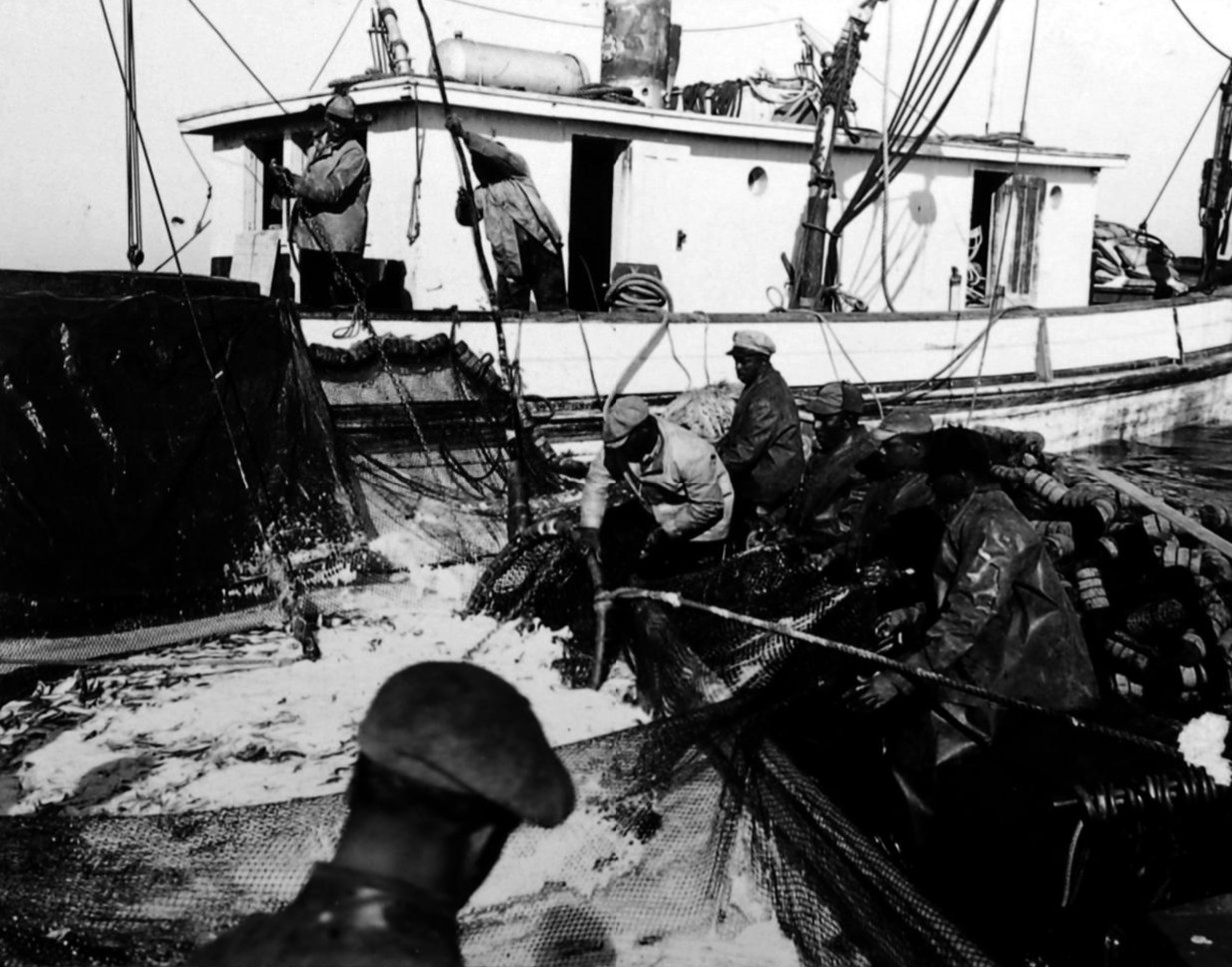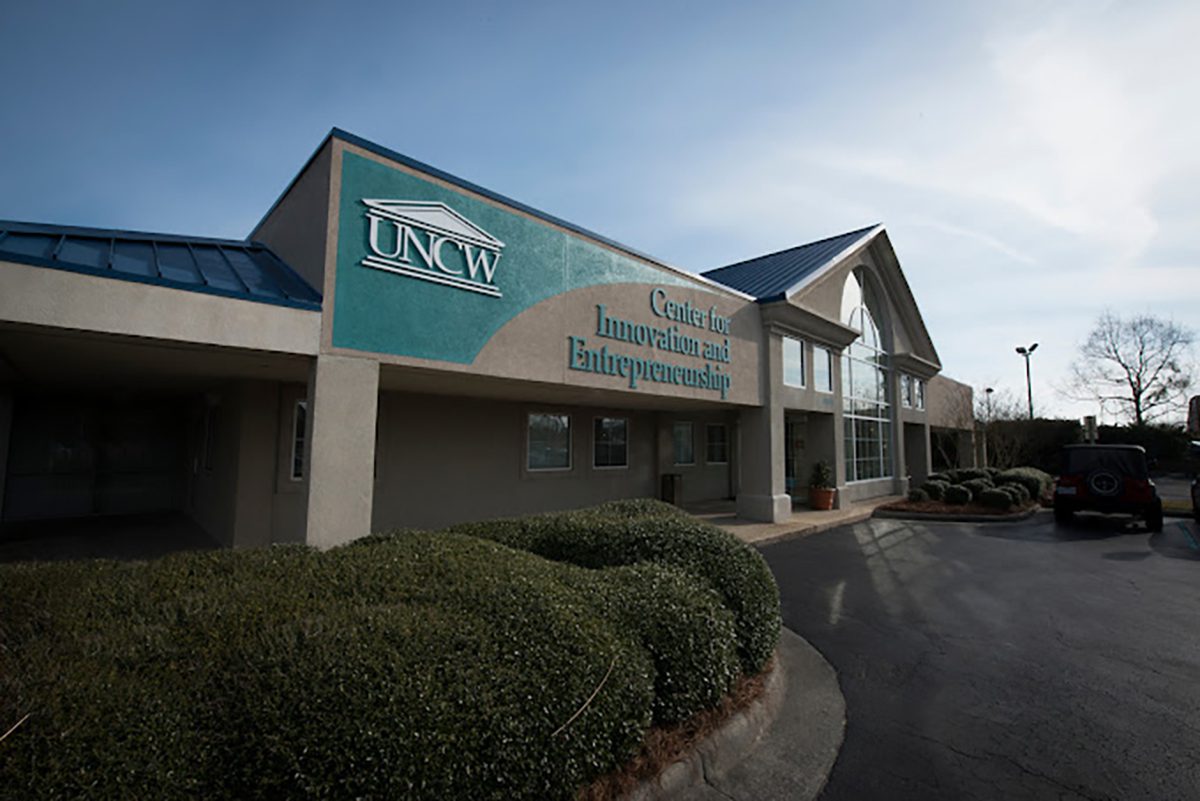
The chemical manufacturing company that has publicly touted its products, business strategies and chemistries in ad campaigns aimed at polishing its image will further harm North Carolinians if it is successful in keeping thousands of pages of documents sealed in court, environmental organizations argue.
The Southern Environmental Law Center on Monday filed a court motion to intervene in a case brought against Chemours and its predecessor company DuPont, attorneys for which have asked the court to keep up to 21,000 pages of documents under seal.
Supporter Spotlight
Those documents, SELC argues in its motion, “will help communities understand the harm the facility has caused, and will continue to cause, to their own health, their property values, and even the lives of future generations.”
The motion was filed on behalf of Cape Fear River Watch, the North Carolina Coastal Federation, which publishes Coastal Review, and the Environmental Justice Community Action Network in U.S. District Court for the Eastern District of North Carolina.
In February, attorneys for Chemours and DuPont requested the court keep from public view what they say are mostly internal communications between company employees about “non-public facts” that pertain, in part, to chemical production and is therefore “competitively sensitive.”
An attorney with Brooks Pierce Law Firm, which represents public utilities and local governments downstream of Chemours’ Bladen County plant, told Coastal Review last month that many of the documents in question are already on public record.
Brooks Pierce was expected on Monday to respond to the companies’ motion to keep the documents under seal. A lawyer with the firm did not respond to a request for comment by the time of this publication.
Supporter Spotlight
Cape Fear Public Utility Authority, Brunswick County, Lower Cape Fear Water & Sewer Authority and Wrightsville Beach in October 2017 sued the companies to recover costs and damages associated with Fayetteville Works’ plant’s discharges of per- and polyfluoroalkyl substances, or PFAS, for decades into the Cape Fear River, the drinking water supply for tens of thousands of residents in the region.
PFAS are a group of more than 14,000 chemicals used in everyday consumer products including food containers, stain-resistant carpet and water-repellant gear. These human-made chemical compounds are persistent in the environment and have been found to accumulate in people and animals. Exposure to these substances has been linked to weakened immune function, reproductive and developmental issues and increased risk of some cancers.
“After intentionally hiding their toxic PFAS pollution for decades, Chemours and DuPont now want to conceal essential information that directly affects the lives of half-a-million people,” SELC Senior Attorney Jean Zhuang said in a release Monday. “And Chemours has the audacity to try to hide thousands of pages of information as the company plans to expand its PFAS manufacturing operations. After defiling these communities’ drinking water, air, soil and food for years, Chemours has no right to hide information about its toxic pollution yet ask the public to trust that it won’t harm North Carolina families again.”
In 2022, five years after the public first learned that Chemours had been knowingly discharging PFAS directly into the Cape Fear River for decades, the company announced plans to expand its monomers and Nafion production facilities at the Fayetteville Works plant.
As part of a 2019 consent order with the North Carolina Department of Environmental Quality and Cape Fear River Watch, Chemours has taken steps to reduce its emissions of PFAS into the Cape Fear, the ground and the air. That agreement also deems the company responsible for overseeing the testing of thousands of private water wells in the region and providing a means of uncontaminated drinking water to households with private wells that contain elevated levels of PFAS.
But the brunt of costs associated with removing PFAS from raw water sources ultimately falls on the downstream public utilities that provide drinking water to thousands of customers in the region, including Brunswick, New Hanover and Pender counties.
“The fact that Chemours and DuPont are trying to hide from the public eye 20,000 pages of documents about their companies’ facility and its pollution is almost comically transparent, if it weren’t so dangerous and sinister; and this attempt, in and of itself, should be considered profound proof that this information needs to see the light of day, especially considering Chemours is actively seeking to expand PFAS production at the site,” Cape Fear River Watch Executive Director Dana Sargent said in an email.
Coastal Federation Executive Director Braxton Davis said the public, “which has suffered the effects of this pollution, has a right to review documents that may shed more light on the scope and scale of contamination and the company’s response.”
In its motion to intervene, the SELC lists several categories of documents Chemours and DuPont want to keep under seal, including research into toxicological data, communications about product safety and toxicity studies, environmental assessment and toxicology research, and a list of chemical compounds associated with the Bladen County plant.
“The companies’ own motion admits that the documents are littered with information on Chemours’ and DuPont’s PFAS pollution, sampling data, air and wastewater treatment options, toxicology and health impacts associated with PFAS, environmental and human health concerns, and the public’s exposure to their toxic chemicals,” the motion states. “These and other documents are necessary for the public to understand the impacts to their own health and property values and the potential for subsequent harm from the companies’ past, current, and future air, water, and soil pollution.”
The motion goes on to say that the public “has access to many of the categories of information in the companies’ documents – in large part because the companies have touted their PFAS chemistries, products, and business strategies in public forums as a means of broadcasting their goodwill.”
Late last month, Clean Cape Fear posted an online petition for members of the community to sign in support of unsealing the documents. As of Monday afternoon, more than 1,700 signatures had been collected.







